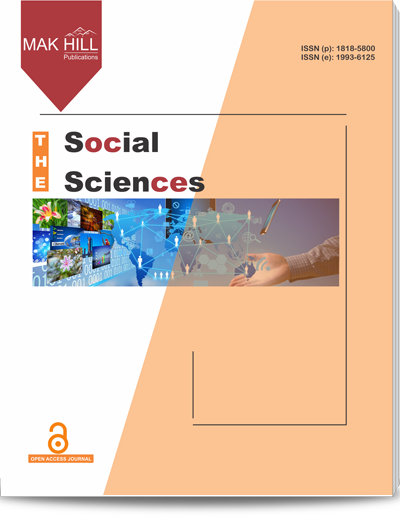
The Social Sciences
ISSN: Online 1993-6125ISSN: Print 1818-5800
93
Views
0
Downloads
Biological Aspects of the Historical Urban Development of Jochi Ulus (Latter Half of the 13-14th Centuries)
Rezeda I. Tuchbatova, Olga Aleksandrovna Kravtsova, Dmitrii A. Dolbin and Timur F. Khaidarov
Page: 1047-1053 | Received 21 Sep 2022, Published online: 21 Sep 2022
Full Text Reference XML File PDF File
Abstract
This study deals with the issues of both influence of the Horde cities on the environment and changes in the structure of such cities. Based on these results, the researchers have concluded that intensive economic activity of the population and authorities of the Jochi Ulus had predetermined a collapse of the Golden Horde in the latter half of the 14th century. The researchers of this study believe that the characteristic feature of the economic and political center of the political formation of the Lower Volga region was a quite unstable ecosystem. An intermittent rainfall and transgression of the Caspian Sea are those several features that characterize the nature and climate of the region. Large wooded areas of ravine and floodplain forests made it possible to wait out adverse climatic periods quite comfortably until active urbanization started under the reign of Uzbek Khan. However, the massive deforestation of these areas directly leaded to a change in the migration routes of steppe rodents first and then the emergence of a new form of plague. The latter caused a mass migration of the population followed by the destruction of the Golden Horde main cities.
How to cite this article:
Rezeda I. Tuchbatova, Olga Aleksandrovna Kravtsova, Dmitrii A. Dolbin and Timur F. Khaidarov. Biological Aspects of the Historical Urban Development of Jochi Ulus (Latter Half of the 13-14th Centuries).
DOI: https://doi.org/10.36478/sscience.2015.1047.1053
URL: https://www.makhillpublications.co/view-article/1818-5800/sscience.2015.1047.1053